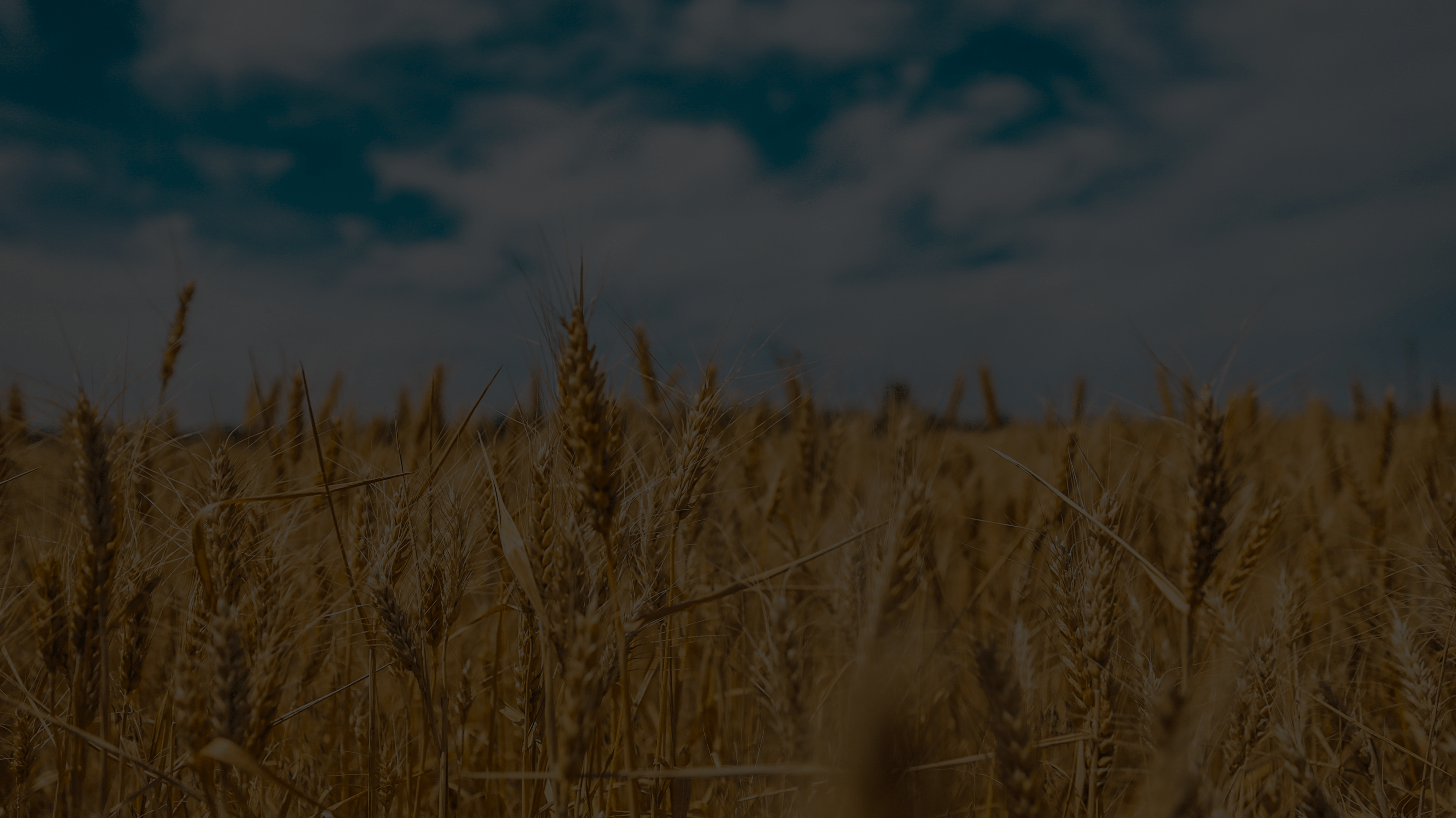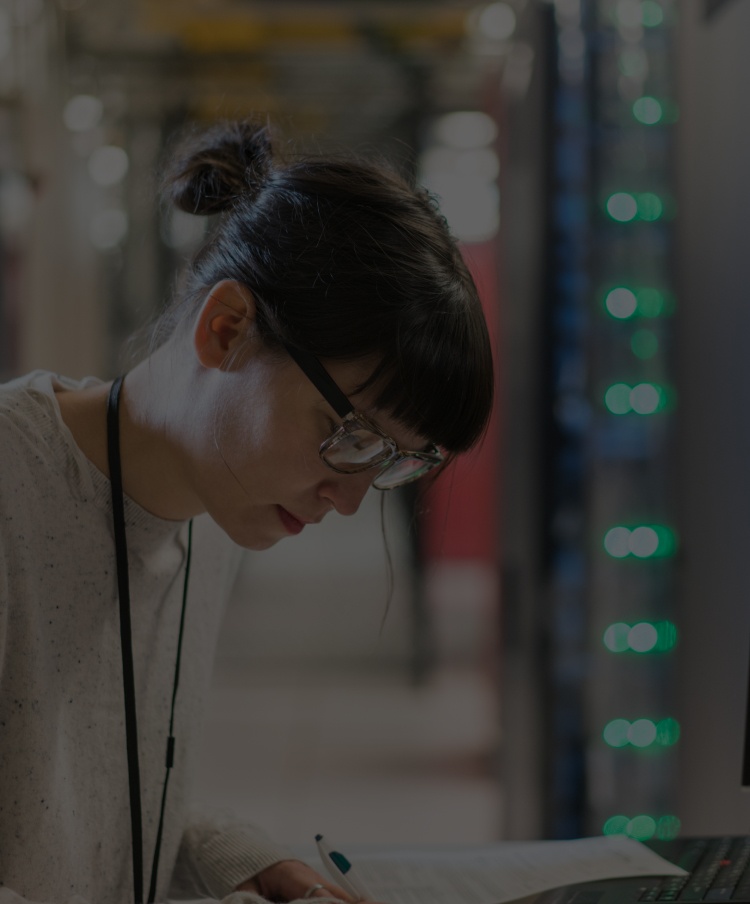

The Virtual Institute on Feedstocks of the Future (VIFF)
VIFF aims to support science and technology research towards the use of underutilized biomass carbon sources as alternative feedstocks for biomanufacturing.
Future Feedstocks is a collective term for biomass feedstocks derived from waste materials, as well as those not currently in common use due to technical and other challenges. These include agricultural residues, animal waste, forestry residues, the organic fraction of municipal solid waste, and processing residues. For VIFF, future feedstocks do not include industrial gases or dedicated biomass crops.
Overview
Replacing fossil feedstocks with renewable biomass sources will be a key element of a successful circular bioeconomy. It has the potential to increase the environmental sustainability of manufacturing, provide new revenue sources for farmers, ranchers, and municipalities, support manufacturing supply-chain resilience, and increase local sourcing of production materials. The carbon needed for bioproducts abounds in the environment, but it is locked into materials that are not yet cost-effective to use. Efficiently deconstructing biomass into useful carbon building blocks, or “turning the carbon we have into the carbon we want,” will require new scientific approaches and interdisciplinary collaboration.
Considerable research has addressed the conversion of biomass feedstocks rich in sugars, starches, and oils. Additional research has addressed the use of large-volume agricultural residues such as corn stover, wheat straw, and rice straw. Moving towards a more sustainable and circular bioeconomy will require considering a broader assortment of nontraditional biomass sources that do not substantially compete with food production, and that divert waste streams from unproductive or environmentally harmful pathways. Significant research opportunities remain for future feedstocks, including heterogeneous, lignocellulosic, and nontraditional biomass sources, which may be primary biomass sources, or waste resources from other processes.
VIFF aims to expand the science, technology, and engineering available to advance the use of future feedstocks in bioproduction, creating new economic and environmental benefits.
VIFF intentionally focuses its efforts on the interdisciplinary science, technology, and engineering research required to accelerate the adoption of future feedstocks in bioproduction. These approaches may leverage innovations in biology, chemistry, biochemistry, and genetic engineering, but also mechanical engineering, process engineering, and logistics; agriculture, rural development, and economics; and computer modeling and data management. Individually and collectively, VIFF projects will work to advance science, technology, and engineering for society.
VIFF will be a Virtual Institute consisting of several independent (but complementary) integrated, interdisciplinary, and regionally distributed teams of researchers and partners. These teams will focus on advancing innovative research, supported with sustained funding and connections across the Schmidt Sciences network. As one of Schmidt Sciences’ Virtual Institutes of Science, VIFF will grow a network of carefully selected technical talent to solve challenging\ scientific problems, accelerated through the use of advanced computing and innovative technologies.
Expressions of Intent (closed)
The Expressions of Intent (EOI) stage of VIFF is closed. Two-page EOIs for VIFF research projects focused on one or more of the following areas were requested.
1. Heterogeneity. Biomass heterogeneity, variability, and availability remain key obstacles to utilizing future feedstocks in existing bioproduction systems. Various S&T approaches exist to address these challenges and make use of future feedstocks that – individually – may not be available in consistent quantities or at consistent quality for end users. Eligible approaches will focus on (a) developing processes and engineering innovations (e.g., individual processes or coordinated systems for future feedstock harvest, deconstruction, pretreatment, and conversion) that are resilient to heterogeneous inputs, and/or (b) making heterogeneous materials more homogeneous and predictable.
2. Data, Modeling, Digital Tools, and Knowledge-Sharing. A dearth of publicly accessible data about future feedstocks and the necessary analytical tools to understand them impedes their increased use in bioproduction. Eligible approaches will address (a) characterization relevant to future feedstocks, (b) data collection and developing new platforms for data and knowledge-sharing, and/or (c) developing and improving modeling approaches to improve predictions of the best uses of future feedstocks and best approaches to using them in bioproduction.
EOI Webinar
We hosted an informational webinar about the VIFF Request for EOIs on June 12, 2023. You can find slides from the webinar here.
You may contact us with questions about VIFF at viff@schmidtfutures.com.
VIFF Scientific Advisory Board
The VIFF Scientific Advisory Board plays an essential role in the success of VIFF by advising Schmidt Sciences on VIFF research and future directions for the program.
BioFutures
The BioFutures Program will accelerate the translation of bioeconomy research into public and economic benefits.


Work we’re doing for science
We build networks of brilliant researchers at different career stages. We lead Virtual Institutes of Science to solve hard problems across locations and fields using modern tools.






